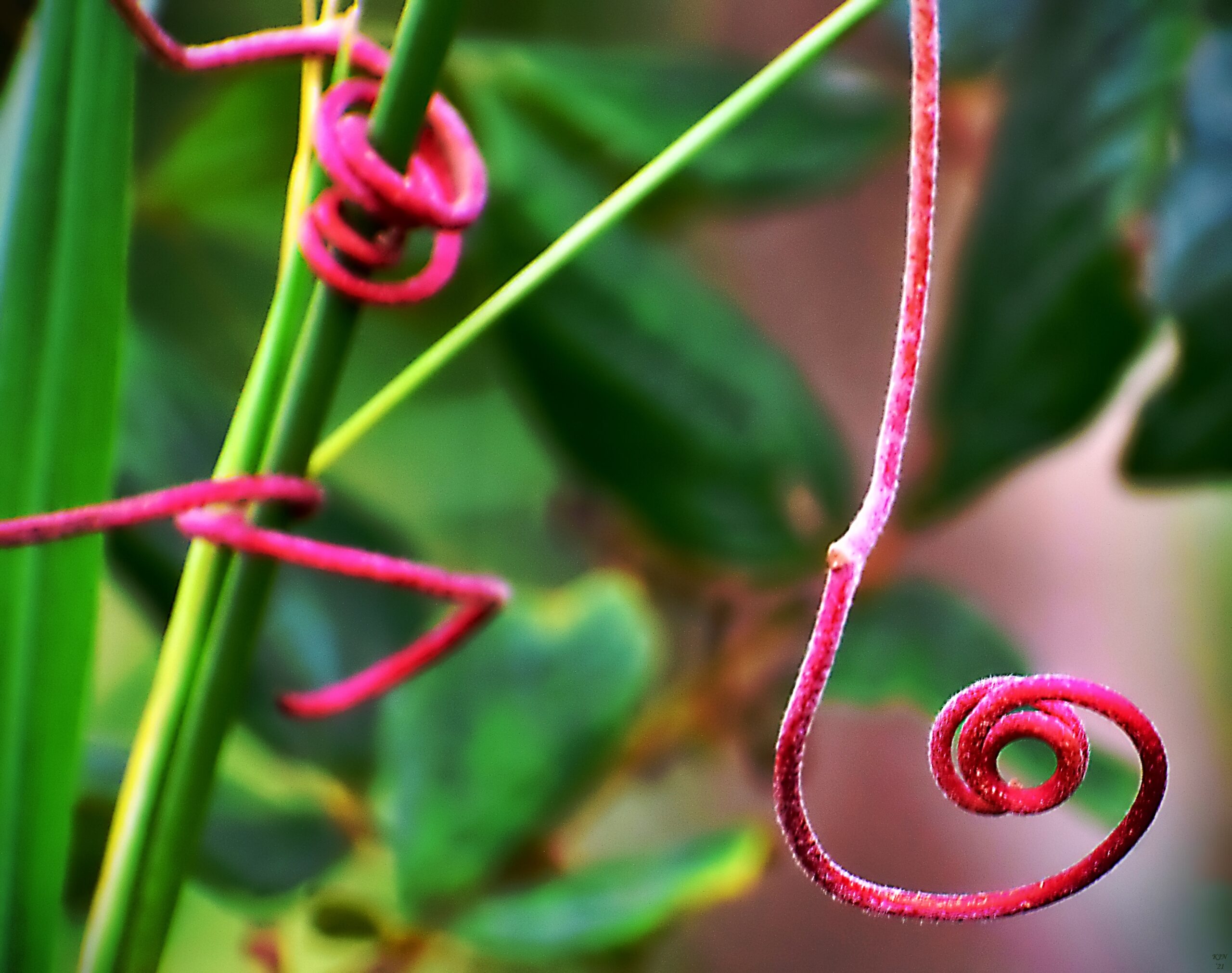
The American Heritage Dictionary defines ‘agriculture’ as: “The science, art, and business of cultivating the soil, producing crops, and raising livestock.” We seem to have placed a great deal of emphasis on the science and business aspects of agriculture, but have dramatically lost touch with the art. To live in accordance with the laws of nature requires not only harmony within the environment, but also harmony within ourselves.
Our responsibility to care for the earth, care for ourselves and others, and share resources equitably is more than just a good idea—it is a moral responsibility. Henry David Thoreau, tipped his hat to this dying art when he wrote: “It is something to be able to paint a particular picture, or to carve a statue, and so to make a few objects beautiful; but it is far more glorious to carve and paint the very atmosphere and medium through which we look, which morally we can do. To affect the quality of the day, that is the highest of arts.” The design and nurturing of healthy ecosystems is the work of artists who are able to improve the quality of life through atmosphere and medium of nature.
Nature consists of patterns. When we learn how to recognize these patterns, we can also learn how to integrate them into sustainable systems which maintain the inherent resilience of natural ecosystems.
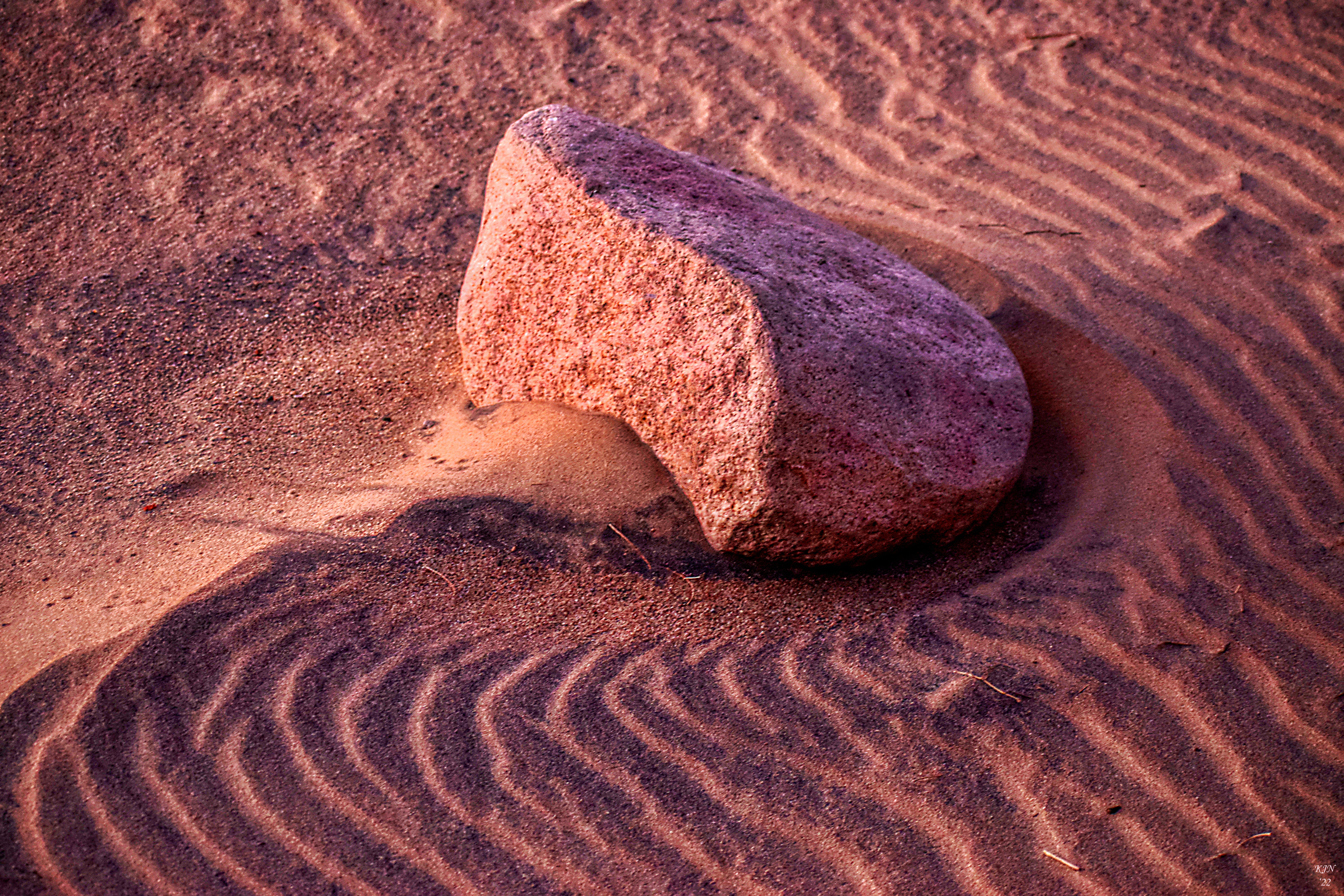
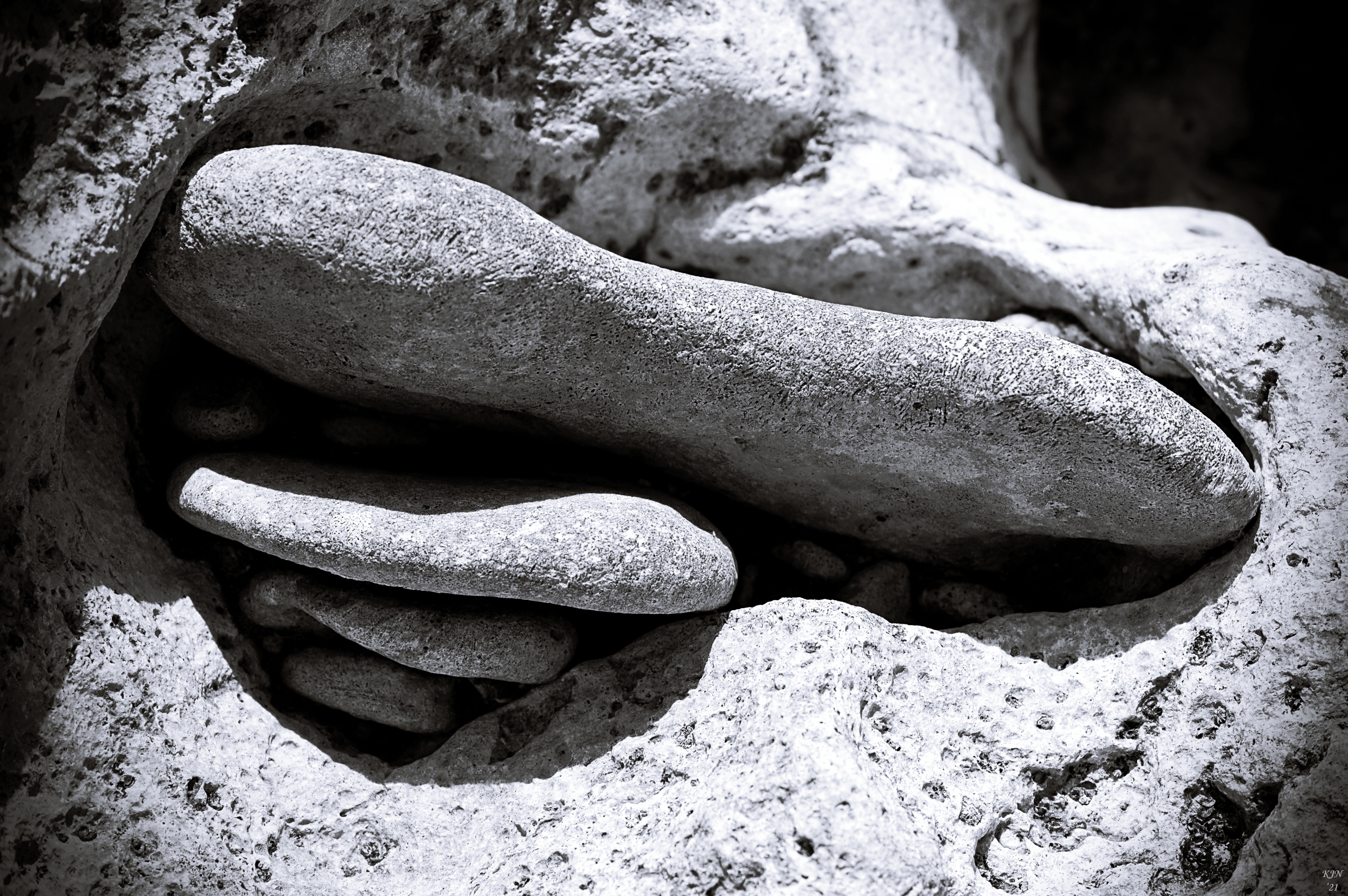
When we design a house or a building, we create a blueprint to ensure that the construction matches the vision of the final product. A Permaculture Designer aims to create a similar ‘blueprint’ for the most sustainable and efficient use of land, space, energies, and resources to ensure that needs are being met using minimum input for maximum output. And, just as there are infinite styles, forms, patterns, and types of structures which an architect can envision, so it is when it comes to the designing of holistic living systems. Once we have an understanding of patterns, we can begin to apply them to our own lives.
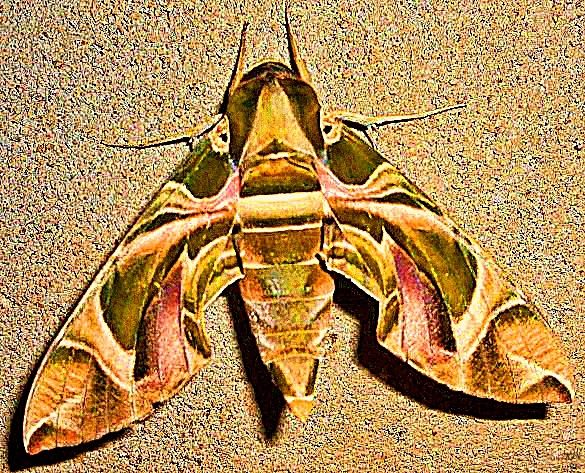
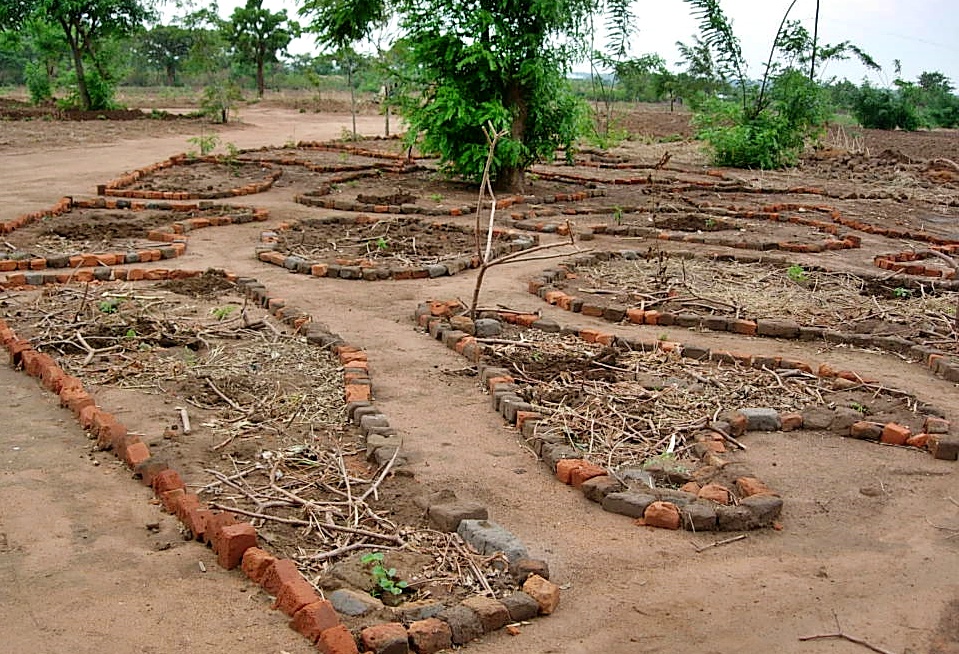
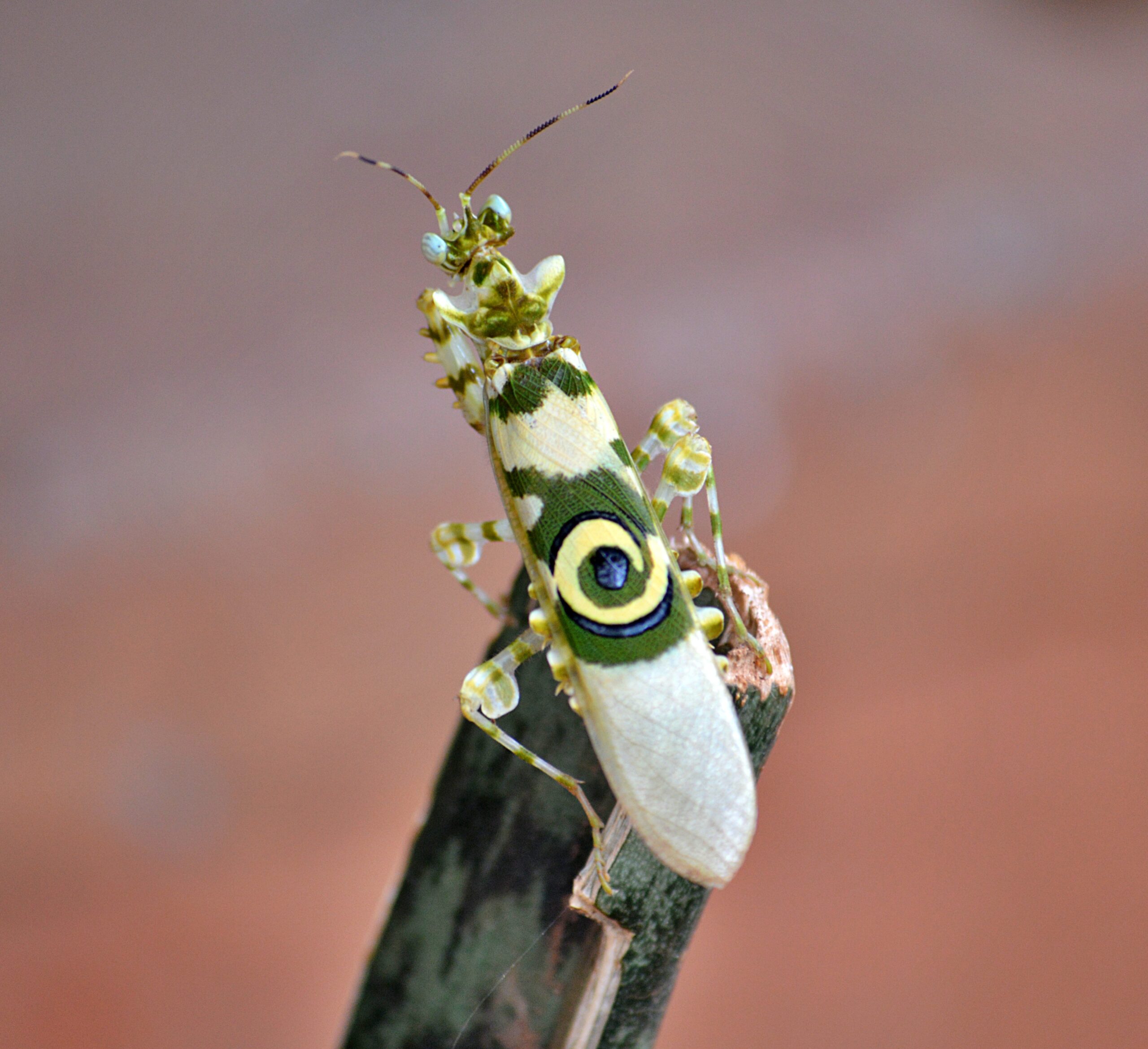
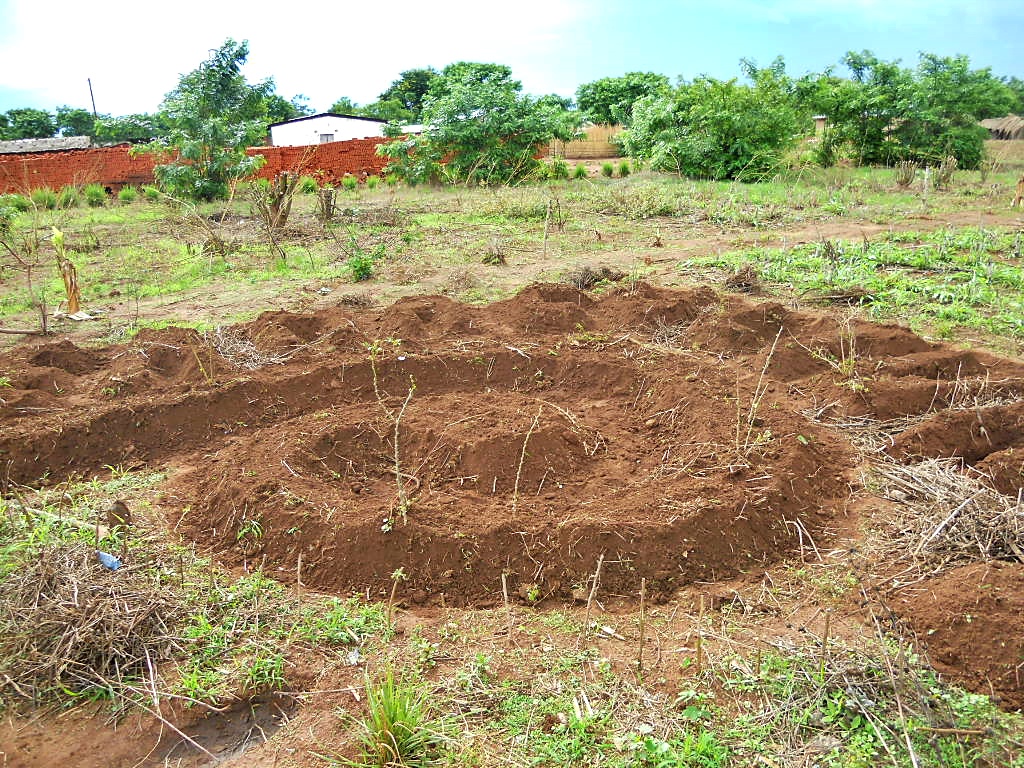
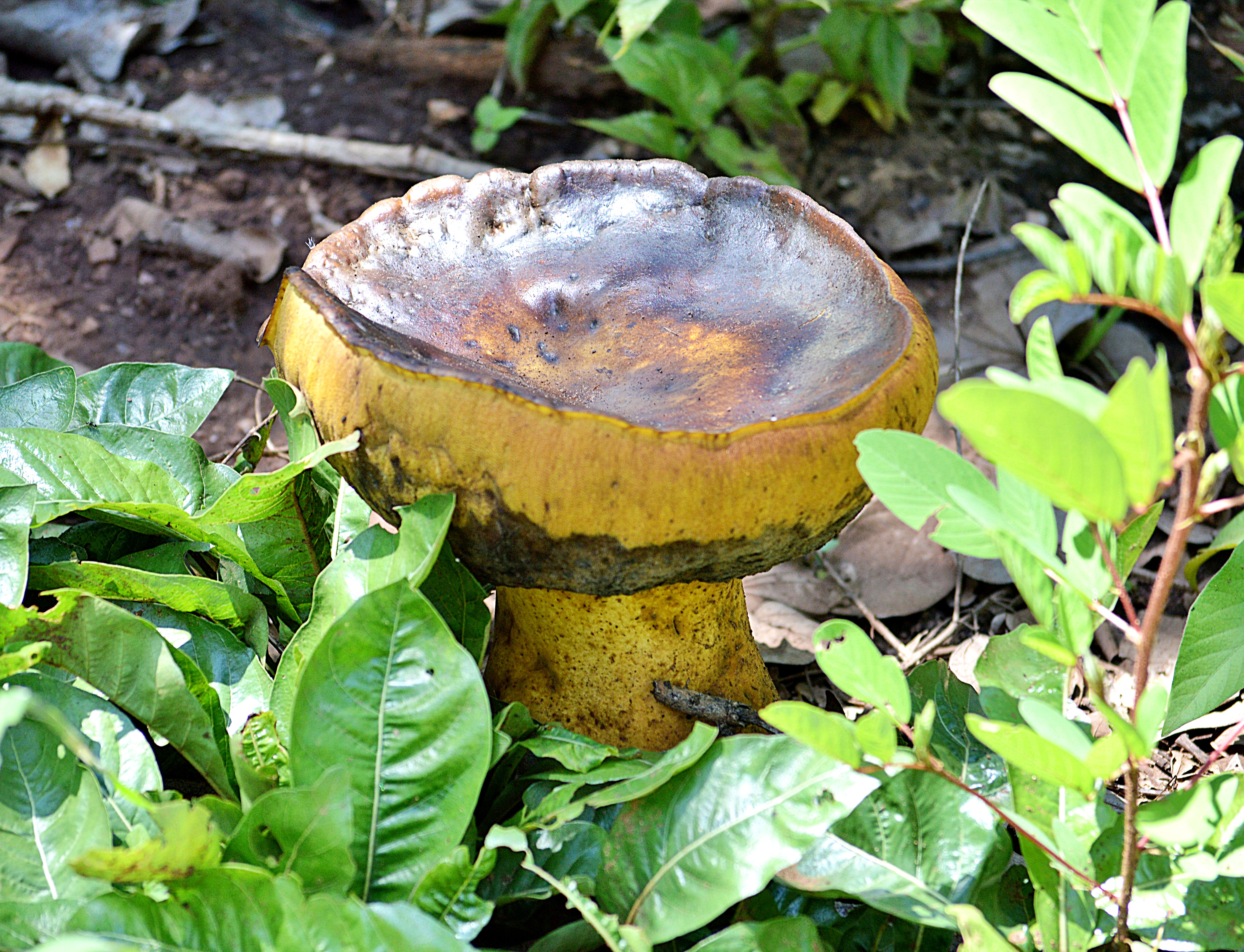
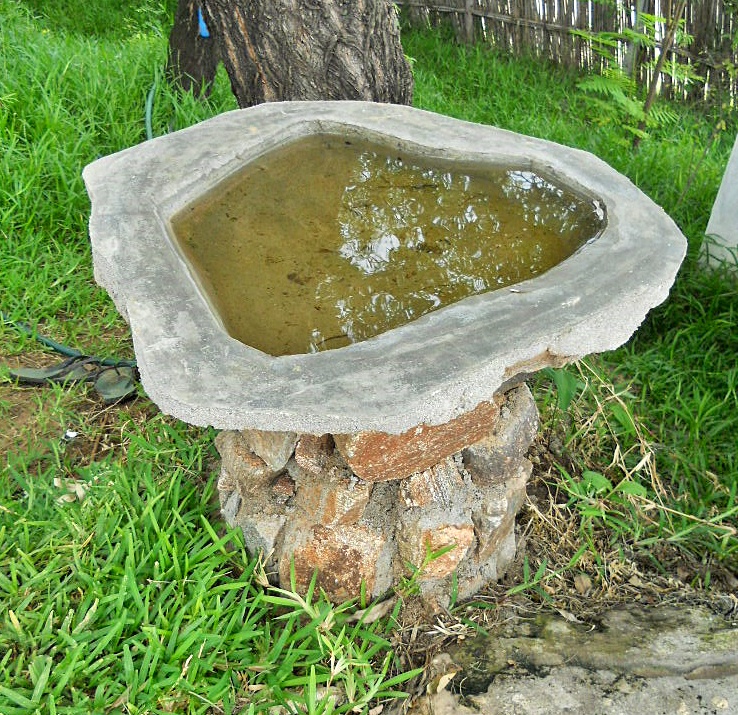
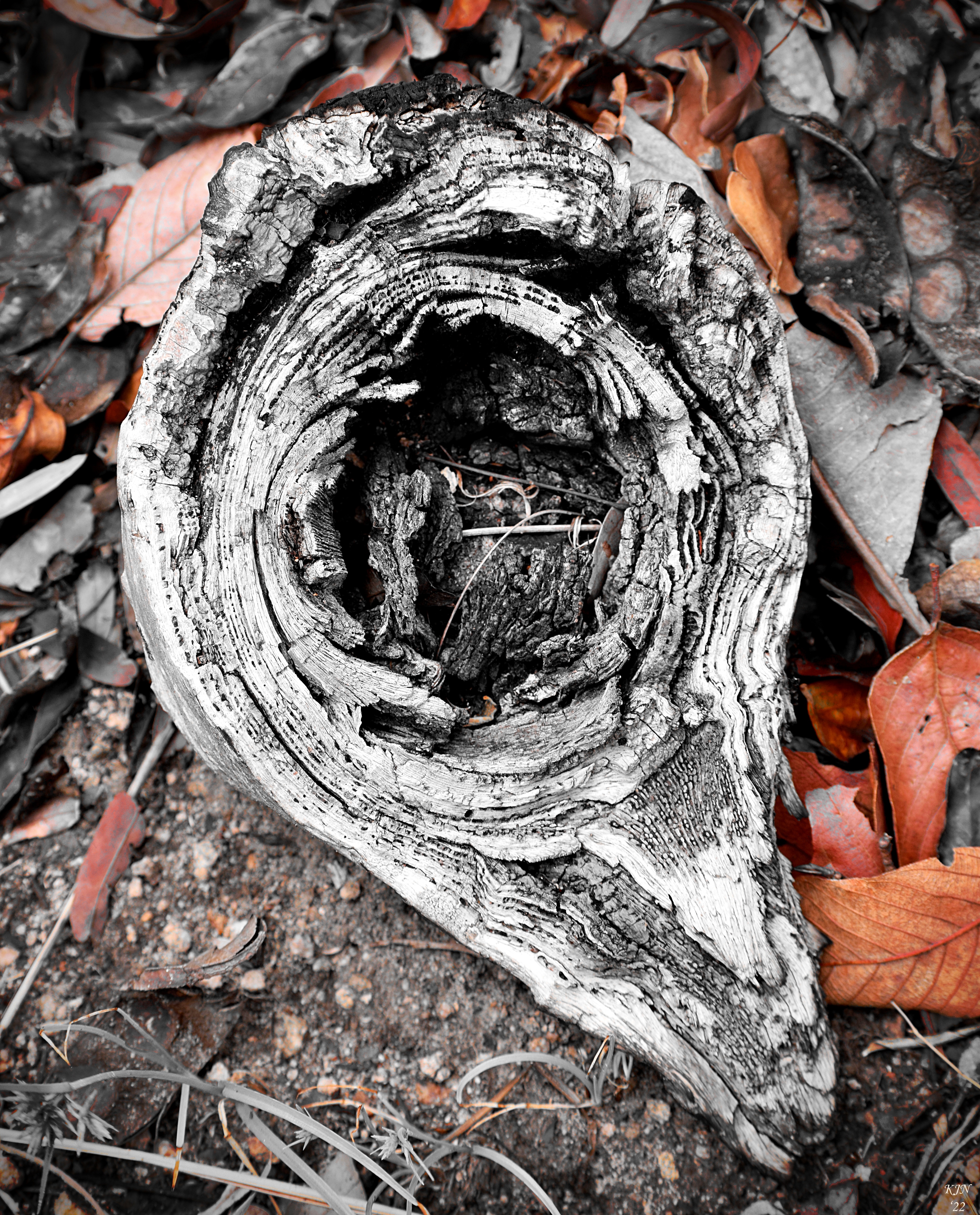

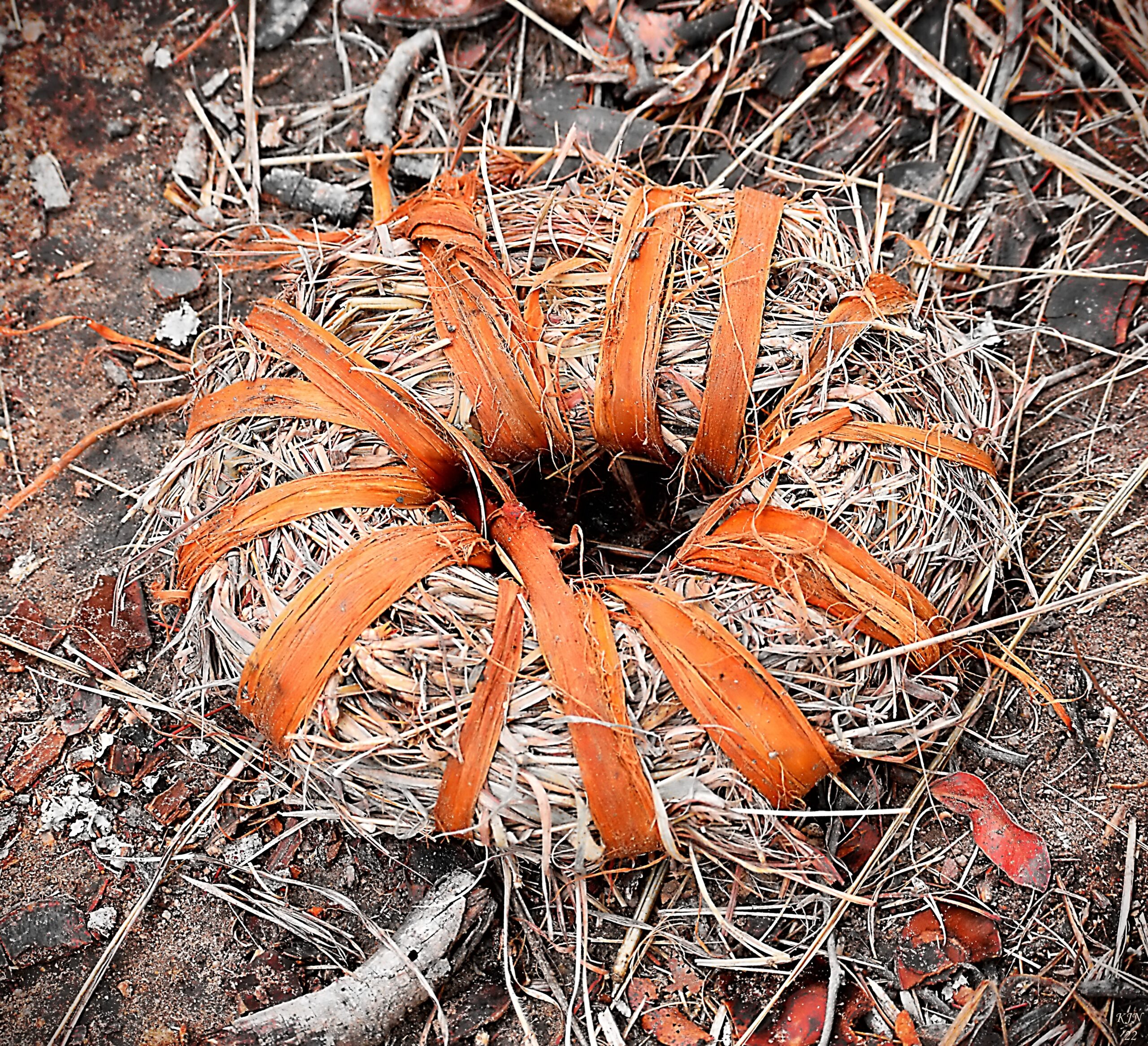
All donations go directly towards helping to spread Permaculture solutions throughout Malawi. Every little bit helps, and even a little can go a long way!
